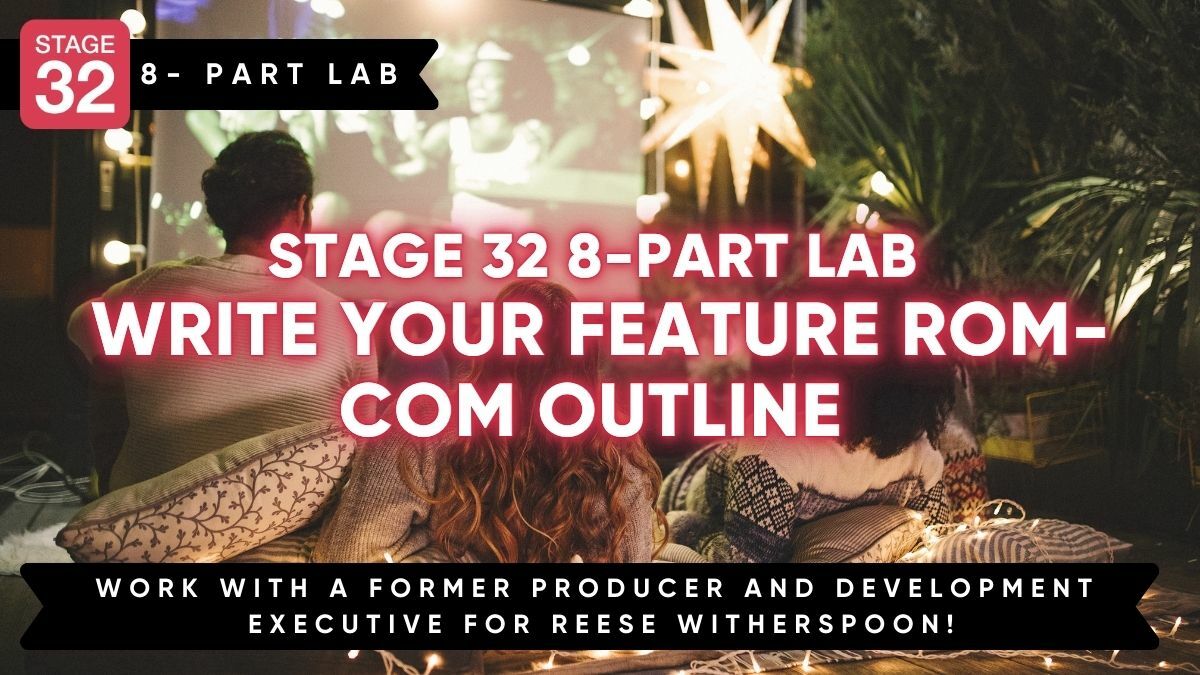Hi there, I have been in short productions over the years as either an actor or stunt man. But recently I happen to be looking for more challenges in entertainment, I know a lot of directors in the business, but very few producers, so I decided I want to be a producer. What does it take being a producer? What are the steps to follow to become one? Thanks.



8 people like this
Hi, Emmanuel - I posted this in response to the same question by a guy named Anton Church, but rather than have you dig for it, I figure I'd just copy and paste here for you with a few additions related to your specific background. I'm not sure how you determined that there weren't that many producers out in the world (the Producers Guild of America, which I'm a member of) has some 5000+ members - and those are people who met the criteria and decided to join... There are MANY more who don't have the credits yet or have but, for whatever reason, have decided not to join yet. Anyway, as I'm sure you know, there are many different types of producers. A lot of different shades. I'm not sure what your level of experience is despite your mention of working as a performer or stunt man over the years, so I'm just going to write as if this is kind of new to you. Let's start with Exec. producers. EP's are most often where the money comes from. Think about, say, the Weinstein Brothers who are EP's on anything they release. An EP is often approached by a Producer with the rights to a certain piece of material... (Could be just an idea, a newspaper article, a synopsis, a script, a book or a graphic novel)... The producer makes his or her pitch and talks about any relevant attachments (cast, filmmakers) he or she may have. The EP will then sign on and agree to partially or fully fund the project if he or she likes the pitch and the package. Inexperienced EP's are often not deeply involved in the creative, though they will have input... often referred to as "consultation." An experienced EP like Weinstein will have a list of territories he or she has sold to in the past and will know which actors (or filmmakers) get the most pre-sales in a given territory... so he or she will likely only agree to bankroll your project with the talent on their list and will probably require much broader input in regard to any manner of creative endeavors associated with a project. Next you have Producers who can run the gamut from, in some cases, money people who also found a property and have creative instincts to match their business acumen... or simply people who found a property but don't already have the money and are merely creative producers with little or no practical production experience. You can see how the Producer title can often get muddled. In both cases, they may be very involved in the development of a property or hand over the development to more experienced partners. For the first kind of Producer, think of Megan Ellison. She got her dad (Oracle CEO Larry Ellison) to give her a starter fund. Next, she set up meetings with all her favorite indie filmmakers and, before anyone even knew who she was, she was earning producing credits on films by P.T. Anderson, David O. Russell and Bennett Miller... and it wasn't long before she was earning herself Oscar and BAFTA nominations, too! In other words, she wanted to be a full-blown producer on these films and have creative input. Her money gave her instant access and she was very smart in the ways that she used that access. Her brother David got a fund from his dad, too, but went the other way... rather than indie people, David went straight to Paramount and asked to fund a new MISSION: IMPOSSIBLE film through his shingle Skydance. Pretty soon, he had a nice slate of big budget Paramount films in development. So. If you have access to funding and a sharp head for business, you will be welcomed with open arms even if you have little practical producing experience. Megan - even now - is often partnered with a more experienced producer (Chuck Roven, John Lesher)... though by now, one assumes she could run a show on her own. After all, she's had some pretty phenomenal on-the-job training. The un-financed Producers will work to develop material on their own to get it ready for the screen. Often, they'll work with a writer or writer/director to sculpt the material into something that can be done at a price that makes sense. Then they seek attachments that will entice investors. In either case, (connected to money from the start or whether they've raised financing), once they've got financing, and a project gets going, they're active in virtually all phases of production - from story, to casting, to helping select key department heads and all the way through Post, marketing and release. On an indie scale, they'll often do much, much more. Next on the ladder, you have Co-Producers. They report to the Producers and serve a variety of functions... basically filling in where needed. Then you have Line Producers. These are the keepers of the budget (specifically, the line separating those "Above The Line" which includes writer, director, producers, cast, etc. from the other crew), but they manage the budget overall. The day-to-day costs. He or she will try to keep everything functioning on time and on budget. Below them are the Associate Producers. These are often assistants who have proven valuable and been given a credit as a sort of starter... often instead of a raise. It's all pretty complicated. Your best bet is to either get into a class (maybe at UCLA extension, NYFLA, LA Film School or someplace like that), a job working as an assistant to a working Producer, OR to just get out there and start producing stuff yourself! Shorts. Spec commercials. Docs. Web series. Whatever interests you. Remember... Content rules. If you've found a talented young writer or director and created a relationship, that's your best bet. Look at the relationship of Lawrence Bender and Tarantino for example. Where do you find those people? Stage32 is a good start. Go to film festivals and meet people. Read newspapers and websites for ideas and join websites where you can review the pre-existing work of writers. Doing the job on an indie scale will give you loads of experience and also room to make mistakes (which you'll inevitably make) and learn from them. Producing, in any form, is tough because for the vast majority of us, there's no pay until a project is green-lit... but if you have a project that you truly believe in, fight to get it made. There isn't one way to start doing the job, really... No formal road map... so just go out and start learning about how it's all done. If you have more specific questions, feel free to reach out. Good luck!
2 people like this
Wow1 That was really deep. Thank you very much Shaun. This is really helpful...
4 people like this
Check out this thread: https://www.stage32.com/lounge/producing/Becoming-a-Producer-2
4 people like this
Great post by Shaun. You might also want to check out the website for the Producers Guild. It's a great website and has a ton of great information. You can find it here: http://www.producersguild.org/
2 people like this
thanks Regina, that was helpful. thanks too Bill, the site sure has lots of info.
2 people like this
Mr. O'Banion and Ms. Lee delivering the goods, as per usual.